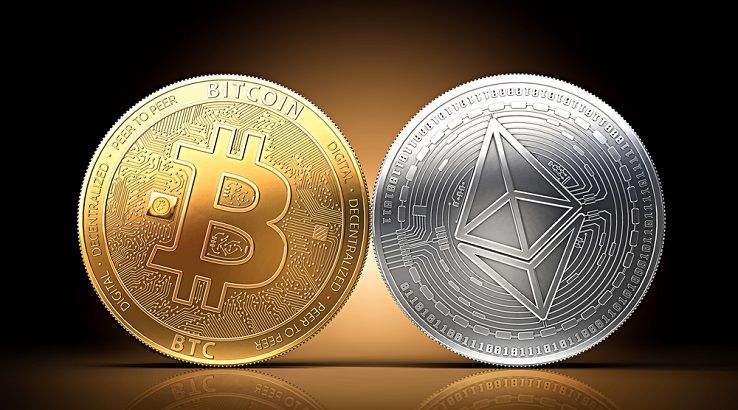Ethereum could overtake Bitcoin following Eth2 upgrade, Messari analyst says

Ryan Watkins, a senior research analyst at Messari, has predicted that Ethereum could eventually overtake Bitcoin as the largest cryptocurrency in the world once the Eth2 upgrade is complete.
Watkins aired his views on a YouTube show, FinTech Today. Although the analyst was not specific on the “if or when” the Flippening will occur, he was resolute that Ether would eventually become the leading cryptocurrency in the future. He said:
The selling point of Bitcoin over Ethereum as a store of value asset boils down its monetary policy being very predictable and the Bitcoin blockchain being very secure. I think that with the shift to Eth2 and to Proof-of-Stake, [...] Ethereum may actually potentially be more secure than Bitcoin.
Watkins supports his argument with several factors. Firstly, the underlying economics of the network will change with Eth2. The introduction of a burn mechanism could mean that Ether will be destroyed at a higher rate than it is being supplied. Beyond being less inflationary, Ethereum will also become deflationary. This means that there will be less Ether in circulation as more tokens are burnt. He added:
If Ethereum is more secure and it [has] a stronger monetary policy, well then what is the bull case for Bitcoin in this scenario?
Finally, Ethereum is a fan-favorite for DeFi and NFT protocols. This use case is already attracting more users to the network than Bitcoin.




